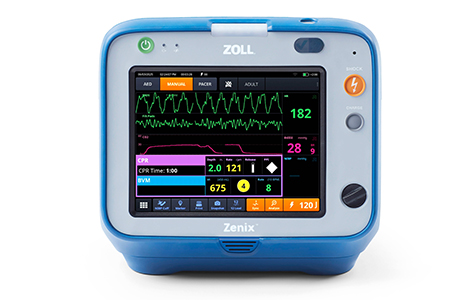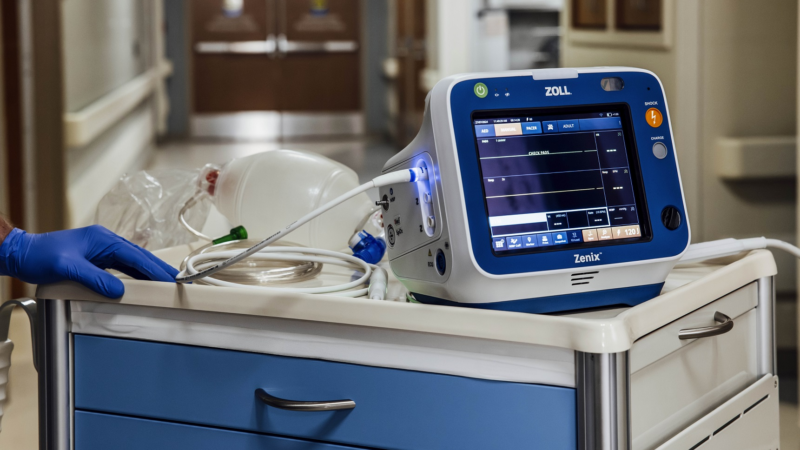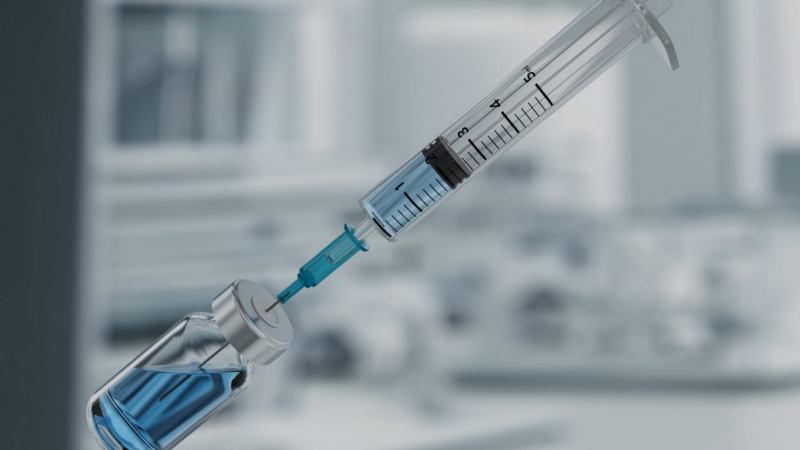Synthetic human-milk-oligosaccharides reduce the risk of infections caused by hazardous pathogens (Rheinbreitbach, GER)
In collaboration with the University Children“s Hospital Mannheim of Heidelberg University, Jennewein Biotechnologie GmbH carried out extensive preclinical research to demonstrate for the first time that synthetic human-milk-oligosaccharides achieve the same protective effects as natural sugars in human breast milk. The study focused on the human-milk-oligosaccharides 2″-Fucosyllactose and 3-Fucosyllactose, which are present in human breast milk at levels of up to 3.5 grams per liter and are by far the most abundant human-milk-oligosaccharides.
The researchers at Mannheim (GER) tested the sugars on human cells using various pathogens. The results demonstrate a clear protective effect, i.e. the synthetic human-milk-oligosaccharides produced by Jennewein Biotechnologie GmbH successfully bind prevalent diarrhea causing pathogens such as Campylobacter jejuni, Escherichia coli and particular Salmonella species. Furthermore, the now available results reveal that these saccharides effectively inhibit the pneumonia causing pathogen Pseudomonas aeruginosa, which is together with E. coli and Staphylococcus aureus the most common pathogen causing nosocomial infections. Moreover, Pseudomonas aeruginosa infections can cause severe, life-threatening infections in patients with underlying immunodeficiency.
Human-milk-oligosaccharides not only inhibit gastrointestinal pathogens directly, they also provide at least two further major benefits. First, they have a prebiotic or bifidogenic effect, encouraging the growth of bifidobacteria that improve digestion and suppress pathogens to maintain a healthy microbiome. Second, up to 1% of these saccharides are absorbed into the blood, where they provide a systemic protection such as reducing the risk of infection of organs such as the lungs and meninges, for example. Although there is abundant evidence for the benefits of human-milk-oligosaccharides further research is required to understand the underlying mechanisms. Jennewein Biotechnologie GmbH has taken the lead in this research and is committed to the development of innovative products based on synthetic human-milk-oligosaccharides to reduce infection rates in infants and adults.
As emphasized Prof. Dr. Schroten, Director of the University Children“s Hospital Mannheim of Heidelberg University, „… this study represents a significant milestone in the development of novel and effective non-interventional strategies to reduce the risk of human infections by pathogenic bacteria. In consideration of the continued growth of the world population and the increasing number of multidrug-resistant bacteria, this represents one of the key challenges of the 21st century.“
The protective mechanism of human-milk-oligosaccharides
Mother“s milk is seen as the „gold standard“ for infant nutrition during the first few months of human life, not only reflecting the optimal balance of nutrients but also because of its ingredients with specific biological functions. Human-milk-oligosaccharides are the third most abundant solid component of breast milk, after lactose and fat which primarily serve as energy source. These human-milk-oligosaccharides are highly complex sugar molecules which are human specific and therefore can only be found in nature in this composition in human mother“s milk.
Many scientific studies have shown that human-milk-oligosaccharides reduce the risk of infection by pathogens and have no adverse effects in humans. Soluble human-milk-oligosaccharides imitate sugar molecules that are found on the surface of all human cells to facilitate cell-to-cell communication. More than 70% of human pathogens – virus and bacteria – use these cell-surface sugar molecules to attach to, enter and infect cells. Thus, soluble human-milk-oligosaccharides in the gastrointestinal tract and in the blood act as decoys to prevent pathogens interacting with cells. Human pathogens will connect to these soluble saccharides „assuming“ they connect to a host cell. The binding between pathogens and sugar molecules is irreversible and pathogens have no possibility to become resistant to soluble human-milk-oligosaccharides because they need to interact with the same molecules on the cell surface. Therefore, pathogens that do not bind to these sugars would be unable to bind to the cell surface either, and would lose their virulence.
Because human-milk-oligosaccharides have a specific role in the elimination of pathogens they are not used by human cells as an energy source. However, they retain the organoleptic properties of other sugars, i.e. they are soluble and sweet. This means that human-milk-oligosaccharides could be added to the diet in place of sucrose, for example, acting as sweeteners with no calorific value but also providing prebiotic benefits and protecting against infection.
Multiple applications for Fucosyllactose in human nutrition
The synthetic human-milk-oliogsacchrides produced by Jennewein Biotechnologie GmbH are presented as white, crystalline powders similar to sucrose, making them ideal as additives for use by the food processing industry to increase the health-promoting characteristics of innovative food products. In specialized areas, Jennewein Biotechnologie GmbH already cooperates with Pfizer Nutrition, one of the leading international infant food manufacturers. However, there are many other potential applications outside the field of infant nutrition, ranging from dairy products, breakfast cereals and beverages providing health benefits to special nutrition programs for professionals facing a high risk of infection, dietary supplements for travelers in disease-endemic areas, special diets for immunocompromized hospital patients to prevent nosocomial infections and therapeutic nutrition used to improve patients“ clinical outcomes and quality of life.
About Jennewein Biotechnologie GmbH
Jennewein Biotechnologie GmbH is active in the field of industrial biotechnology and specializes in the production of complex sugar molecules using bio-organic synthesis. The main focus of the company is the production of ingredients for the food, personal care and pharmaceutical industries. Jennewein Biotechnology also produces molecules for research and development, as well as for diagnostics.
Jennewein Biotechnologie GmbH is a family-owned company, founded in 2005 with its headquarters in Rheinbreitbach (Rhineland-Palatinate, Germany). The company cooperates in research and development with leading universities and research institutes. Jennewein Biotechnologie GmbH received the Pionier-Geist award in 2007 from the Rhineland-Palatinate Ministry of Economics. The Federal Ministry of Education and Research supports Jennewein Biotechnologie GmbH in its research and development activities in the field of human-milk-oligosaccharides.
Further information
Jennewein Biotechnologie GmbH, found in 2005 in Rheinbreitbach (Germany), is a science based company in the field of industrial biotechnology. The company is focusing its activities on the development of innovative production processes for scarce and complex mono- and oligosaccharides. The mission of Jennewein Biotechnologie is to provide sugars with scientifically proven health benefits and to make these available to larger consumer groups.
Kontakt:
Jennewein Biotechnologie GmbH
Amélie Jennewein
Maarweg 32
53619 Rheinbreitbach
022249894502
amelie.jennewein@jennewein-biotech.de
http://www.jennewein-biotech.de






